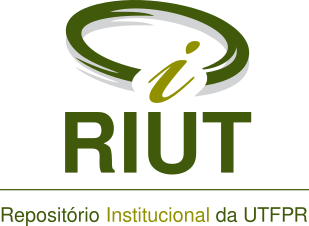Urban solid waste management in BRICS countries: a comparative anlysis of indicators and efficiency
Resumo
This aim of this study was to evaluate the efficiency of urban solid waste (USW) management in BRICS countries, with a comparative focus on Brazilian and Russian cities, using Data Envelopment Analysis (DEA). In addition to applying the DEA model, a descriptive analysis of the social, economic, environmental, and institutional indicators of BRICS countries was conducted, providing a comparative overview of their different realities. The results indicated significant differences in efficiency, highlighting São Paulo, Saint Petersburg, Novosibirsk, and Sochi as the most efficient cities. It was observed that cities with larger populations and higher financial investments are not always the most efficient, emphasizing that the quality of collection, separation, and material recovery is more decisive than the volume of resources applied. The study has limitations related to data availability and updating, restricting the comparative analysis to Brazil and Russia. A recommendation for future studies is to expand the data collection to the other BRICS countries, incorporate new indicators, and explore dynamic DEA models that consider temporal variations.
Palavras-chave
Texto completo:
PDF (English)DOI: 10.3895/rts.v21n66.20678
Apontamentos
- Não há apontamentos.
Direitos autorais 2025 CC-BY

Esta obra está licenciada sob uma licença Creative Commons Atribuição 4.0 Internacional.





